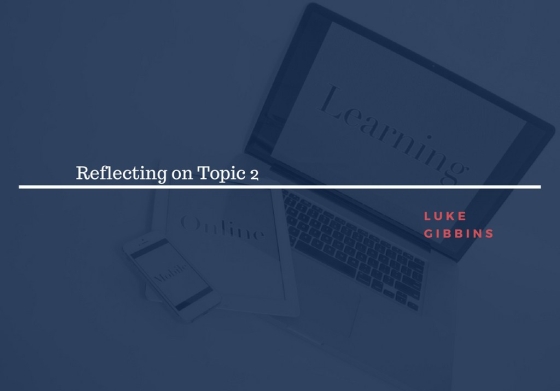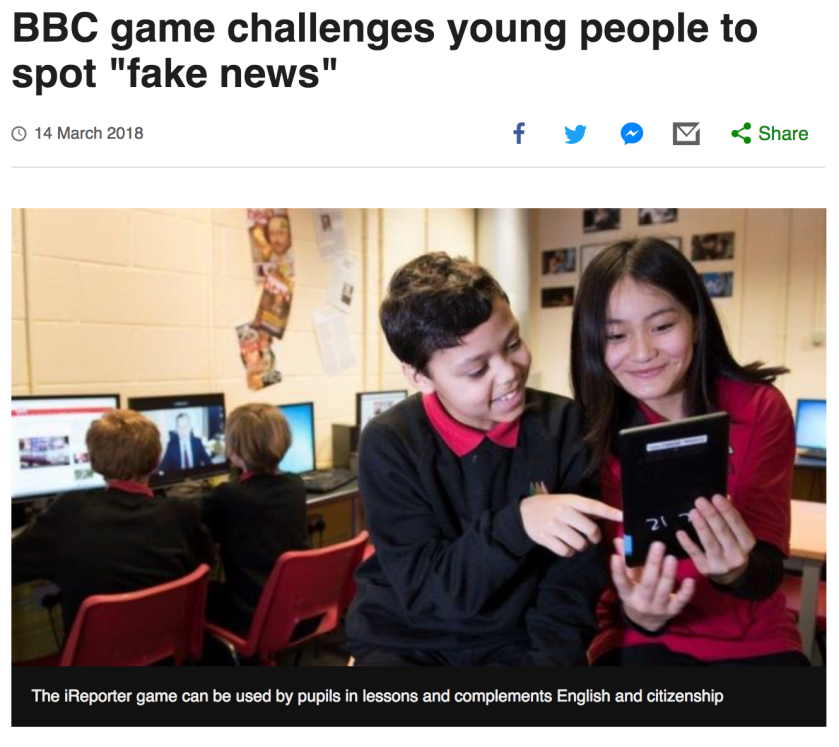
Why media literacy matters!
After researching media literacy, I realised that I was a quite unaware of how the media works. Previously I had heard of the term fake news, but I merely associated it with Donald Trump. However, after researching I realised that fake news is an actual concept. Furthermore, my discussion with Karishma made me realise that I had been misinformed by a fake news report on a hurricane. Chloe highlighted the health risks associated with fake news due to false health information.
Continue reading →









